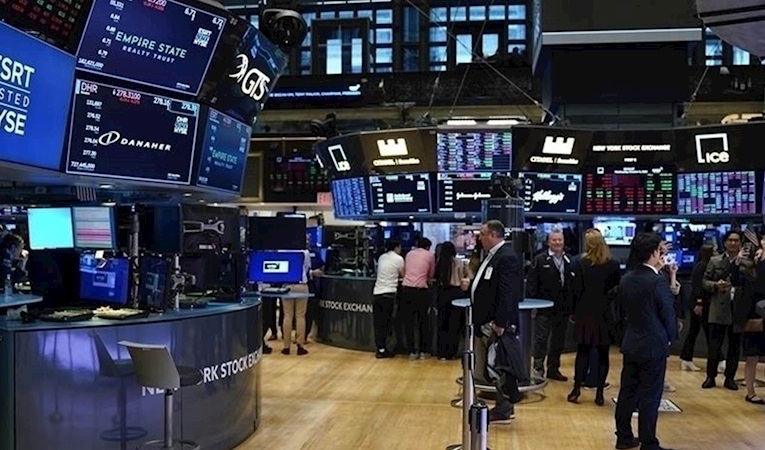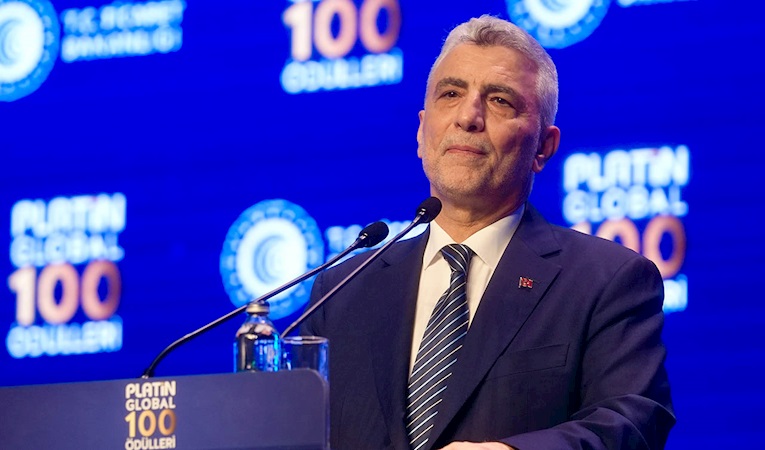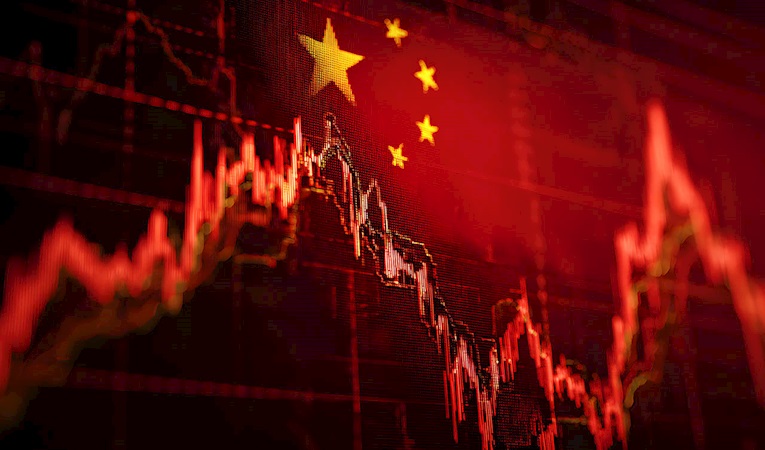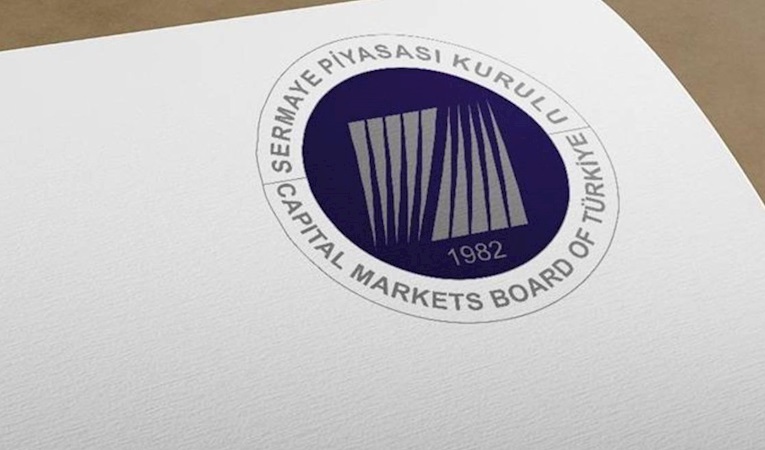
-
BIST 100
 11341,90%0,06En Düşük11291,08En Yüksek11354,26
11341,90%0,06En Düşük11291,08En Yüksek11354,26 -
DOLAR
 42,78%0,12Alış42,7554Satış42,8038En Yüksek42,8350
42,78%0,12Alış42,7554Satış42,8038En Yüksek42,8350 -
EURO
 50,12%-0,15Alış50,0692Satış50,1727En Yüksek50,2967
50,12%-0,15Alış50,0692Satış50,1727En Yüksek50,2967 -
EUR/USD
 1,17%-0,12Alış1,1708Satış1,1709En Yüksek1,1739
1,17%-0,12Alış1,1708Satış1,1709En Yüksek1,1739 -
ALTIN
 5967,26%0,21Alış5963,89Satış5970,64En Yüksek5994,10
5967,26%0,21Alış5963,89Satış5970,64En Yüksek5994,10
-
BIST 100
 11341,90%0,06En Düşük11291,08En Yüksek11354,26
11341,90%0,06En Düşük11291,08En Yüksek11354,26 -
DOLAR
 42,78%0,12Alış42,7554Satış42,8038En Yüksek42,8350
42,78%0,12Alış42,7554Satış42,8038En Yüksek42,8350 -
EURO
 50,12%-0,15Alış50,0692Satış50,1727En Yüksek50,2967
50,12%-0,15Alış50,0692Satış50,1727En Yüksek50,2967 -
EUR/USD
 1,17%-0,12Alış1,1708Satış1,1709En Yüksek1,1739
1,17%-0,12Alış1,1708Satış1,1709En Yüksek1,1739 -
ALTIN
 5967,26%0,21Alış5963,89Satış5970,64En Yüksek5994,10
5967,26%0,21Alış5963,89Satış5970,64En Yüksek5994,10
- Anasayfa
- Haberler
- Tüm Haberler
- Have The Forecasts For Foreign Capital Inflow Changed?
Have The Forecasts For Foreign Capital Inflow Changed?
In the last five years Turkey has attracted US$75 billion in foreign investment. At the end of 2007, the forecasts were that the inflow of foreign capital would continue in 2008. But the forecasts ...
In the last five years Turkey has attracted US$75 billion in foreign investment. At the end of 2007, the forecasts were that the inflow of foreign capital would continue in 2008. But the forecasts were amended following the indication of an slowdown in economic growth in the year-end figures, the global crisis and, most recently, the closure case against the Justice and Development Party (AKP). The forecasts for foreign investment inflow were reduced by 30 percent. Many foreigners who had been planning to enter Turkey are now pursuing a “wait and see” policy.
Last year the Turkish economy grew by 4.5 percent. This was the lowest rate of growth since 2002. The foreign trade deficit reached its highest ever level. Under these circumstances, a closure case was opened against the AKP, which had been returned to power with 47 percent of the vote. The international credit rating agency Standard & Poor’s changed its rating for prospects for the Turkish economy from stable to negative.
At a time when, starting with America, the alarm bells of recession had already begun to ring on global markets, Turkey was on the brink of political and economic instability.
In fact, the high growth Turkey has achieved in recent years as a result of economic stability and the implementation of structural reforms had created an attractive investment environment for foreign investors. Indeed, for several years, it had been the star performer amongst developing markets.
The greatest proof of this is that in the last five years there have been more than 650 transactions, bringing in a total of US$75 billion in foreign investment. At the end of 2007, the prognosis was positive and the inflow of foreign capital was expected to continue. At the end of last year, the International Investors Association (YASED) announced that between US$20-25 billion in foreign investment would enter Turkey in 2008. Many foreigners were known to be preparing to invest in the country. But the developments in the global markets at the beginning of 2008, combined with developments inside the country, meant that calculations were revised. Foreign investment, which stood at US$21.873 billion in 2007, is now expected to total US$15 billion in 2008. Moreover, even achieving this figure depends on the government realising the privatization sales it has scheduled for 2008, an easing of the credit squeeze on global credit markets and avoiding any political instability.
What Will Foreigners Do?
The consulting companies which provide intermediary services for company mergers, and acquisitions and which have the opportunity to assess how foreigners are feeling at firsthand, say that at the moment many foreigners have put their plans on hold.
In an evaluation of the Turkish markets over the last six months, Anthony Wilson, Deloitte Turkey Partner Responsible for Corporate Finance, said that the tendency on the market is now to be more cautious. Wilson says: “But at least I don’t see any indication of a crisis amongst small and medium-sized enterprises.”
Ernst & Young Corporate Finance Consulting Partner Müşfik Cantekinler says that it is very clear that there are problems related to liquidity, securing credit and costs in America and some European countries. TSKB Corporate Financing Manager Hakan Aygen says that investors are weighing whether these developments are likely to be short-lived or long-lasting and that what they have seen so far suggests that the main effect has been to lengthen processes such as research, analysis and studies.
The observations of the business community are similar to those of the consultants. Diasa General Manager Ömer Egesel says that everybody, including the foreign investors who were thinking of coming, have all put things on hold. He adds:
“At the moment even those who have the money are waiting because they cannot see what is going to happen next. Projects have been suspended. If there is no pickup in June, it is possible that they may even cancel their plans to come to Turkey.”
Kibar Holding Vice Chairman Ali Kibar says that, because of their own financial difficulties, some companies are cancelling their projects for Turkey. Kibar says: “There has been a change in the calculations. Even the projects which were progressing quickly have now slowed down.”
Turkven Private Equity Deputy Board Chairman Enver Ünver says that the decline in foreign credit resources has impacted acquisitions and investments in Turkey to a certain extent. Ünver says that, in general, investor interest in Turkey has declined.
YASED Chairman Tahir Uysal says that even if some investors do not cancel their investment decisions, given recent developments, they are thinking of waiting and seeing.
Nilüfer Gözütok
[email protected]
Türkiye ve dünya ekonomisine yön veren gelişmeleri yorulmadan takip edebilmek için her yeni güne haber bültenimiz “Sabah Kahvesi” ile başlamak ister misiniz?






